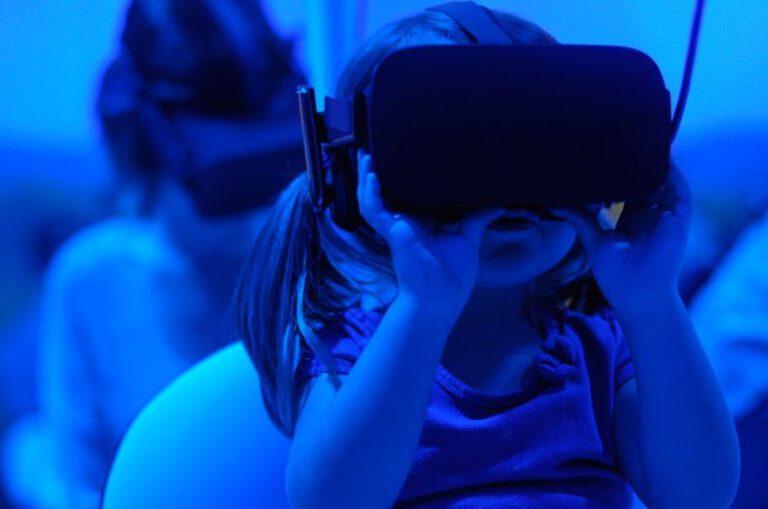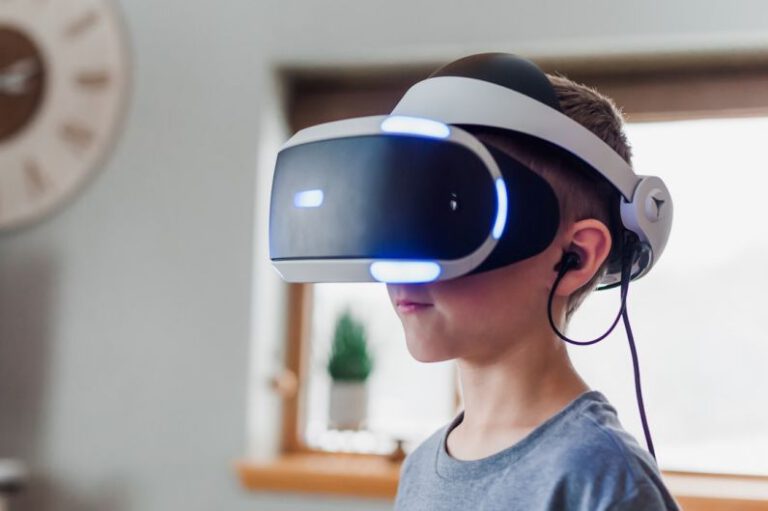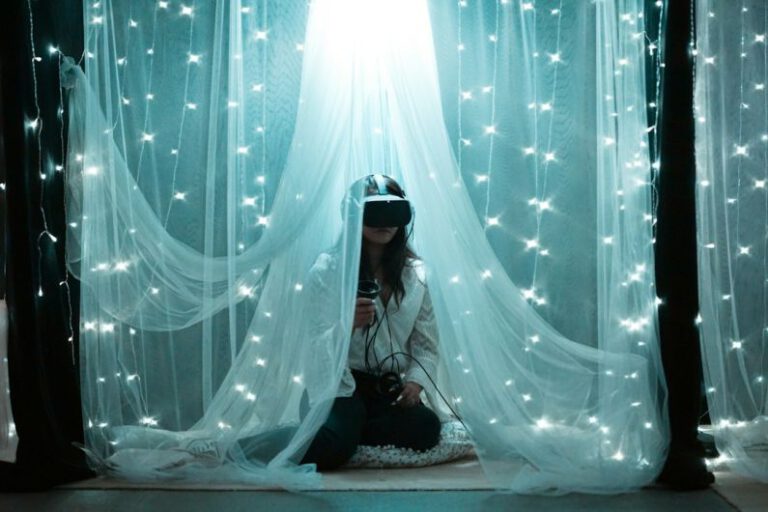Virtual Reality in Education: Learning in an Immersive World
In today’s fast-paced digital age, technology continues to revolutionize various aspects of our lives, including education. Virtual Reality (VR) is one such technological innovation that has the potential to transform the way we learn and engage with educational content. By creating immersive and interactive experiences, VR offers a unique opportunity for students to explore and understand complex concepts in a more engaging and effective manner.
Enhancing Learning Through Immersive Experiences
Traditional classroom settings often struggle to fully engage students and cater to different learning styles. With VR technology, educators can create virtual environments that simulate real-world scenarios, allowing students to interact with the content in a hands-on and immersive way. This level of engagement can significantly enhance the learning experience by making it more interactive and memorable for students.
For example, in a history class, instead of reading about ancient civilizations in a textbook, students can step into a virtual recreation of ancient Rome and experience firsthand what life was like during that time period. This immersive experience not only makes learning more engaging but also helps students develop a deeper understanding and appreciation for the subject matter.
Improving Retention and Comprehension
One of the key benefits of using VR in education is its ability to improve retention and comprehension of complex topics. Studies have shown that immersive experiences created through VR can help students retain information better compared to traditional learning methods. By allowing students to visualize and interact with abstract concepts, VR enables them to make connections and understand the material more effectively.
Moreover, VR can cater to different learning styles by providing a multi-sensory learning experience. Visual and auditory stimuli combined with hands-on interaction can help students with diverse learning preferences grasp concepts more easily. This personalized approach to learning can lead to better academic performance and overall student success.
Fostering Collaboration and Critical Thinking
In addition to enhancing individual learning experiences, VR in education also promotes collaboration and critical thinking skills. Virtual reality simulations can create opportunities for students to work together on projects, solve problems, and think critically to achieve common goals. This collaborative aspect not only prepares students for real-world teamwork but also fosters creativity and innovation.
For instance, in a science class, students can collaborate in a virtual lab to conduct experiments and analyze results in a safe and controlled environment. This hands-on approach to learning encourages students to think critically, communicate effectively, and develop problem-solving skills that are essential for success in the 21st-century workforce.
Preparing Students for the Future
As technology continues to advance at a rapid pace, it is crucial for education to keep up with these changes to prepare students for the future. Virtual reality offers a glimpse into the possibilities of immersive learning experiences that can revolutionize the way we acquire knowledge and skills. By integrating VR into educational curricula, schools can equip students with the digital literacy and adaptability needed to thrive in an increasingly technology-driven world.
Moreover, VR can bridge the gap between theoretical knowledge and practical application by providing students with hands-on experiences that mimic real-world scenarios. This practical approach to learning not only enhances students’ understanding of concepts but also prepares them for the challenges and opportunities they may encounter in their future careers.
Embracing the Future of Education
In conclusion, virtual reality has the potential to revolutionize education by offering immersive and interactive learning experiences that engage students in new and exciting ways. By enhancing retention, comprehension, collaboration, and critical thinking skills, VR can help students develop the knowledge and competencies needed to succeed in a rapidly evolving world. As educators and policymakers continue to explore the possibilities of VR in education, it is clear that embracing this technology can open doors to a more engaging, effective, and future-ready learning experience for students around the world.






